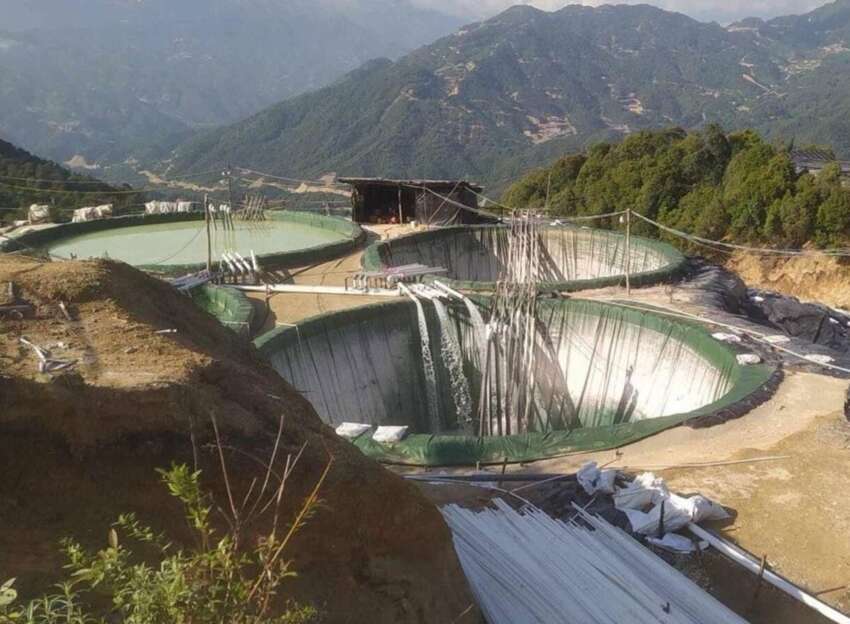
Colonel Naw Bu, spokesperson for the Kachin Independence Organization (KIO), has firmly denied reports claiming that the Indian government is attempting to purchase rare earth minerals from Kachin Independence Army (KIA) controlled areas in northern Myanmar. The denial comes in response to a Reuters report published on September 10th, which suggested that India was engaging in discussions to acquire rare earth minerals from KIA-controlled territories.
According to Reuters’ reporting, the Indian government was allegedly seeking to obtain rare earth samples from the KIA and attempting to enter Myanmar’s natural resource market, which has been predominantly controlled by China. The report detailed that India’s Ministry of Mines had instructed state-owned IREL and private company Midwest Advanced Materials to collect and transport rare earth samples from KIA-controlled territories in northeastern Myanmar. These companies had reportedly received funding from the Indian government for rare earth mineral production, with plans to analyze the samples in domestic laboratories to determine mineral content adequacy.
However, Colonel Naw Bu dismissed these reports as potentially being propaganda aimed at creating diplomatic tensions between China and the United States, as well as between China and India. He clarified that in the Panwa region, only existing rare earth mining operations by Chinese companies are currently permitted to continue their activities, with no new mining concessions being granted. The spokesperson emphasized that there have been no discussions regarding rare earth minerals with China or any other nation.
Furthermore, Colonel Naw Bu highlighted that border gates between KIA-controlled territories and China remain closed by Chinese authorities, preventing any official trade activities. He stressed that no formal discussions have taken place with any country regarding rare earth mining operations or trade arrangements, directly contradicting the claims made in international media reports about potential deals with India. The situation reflects the complex dynamics of resource control and international interests in Myanmar’s conflict-affected regions, particularly in areas under ethnic armed organization administration.



